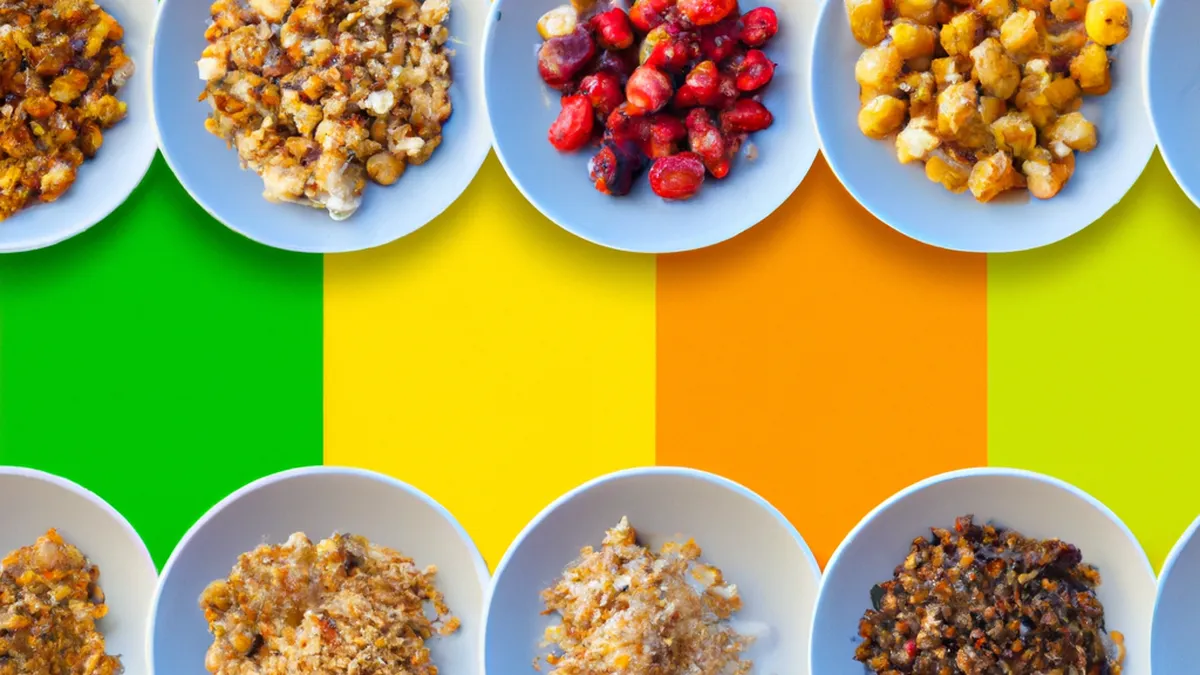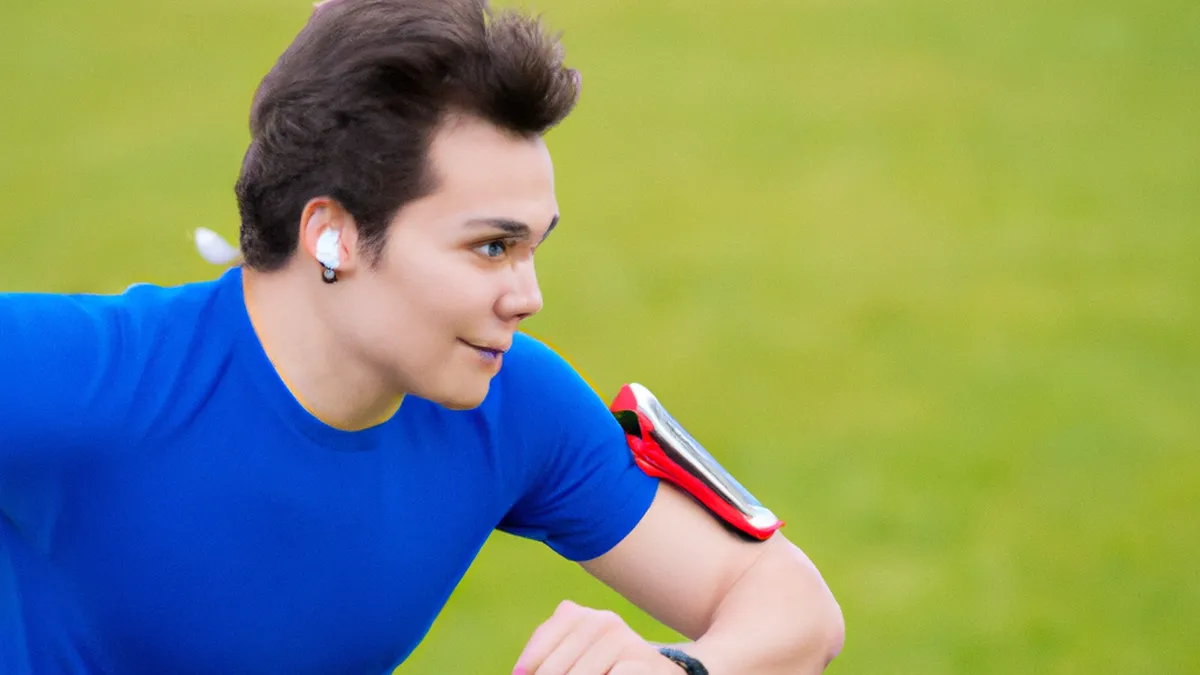Superfoods to Enhance Your Jumping
Nutrition for Female Jump AthletesJumping events like long jump and high jump demand exceptional physical performance, agility, and strength. Female jump athletes require specific nutrition to enhance their performance. Proper nutrition boosts energy levels, athletic capability, recovery, and overall health. This guide outlines key nutritional strategies for female jump athletes, focusing on macronutrients, hydration, meal timing, and long-term health.
Understand Your Energy Needs
Energy needs for female jump athletes depend on training intensity, duration, and body composition. To optimize performance, athletes must calculate their daily caloric needs. First, determine your basal metabolic rate (BMR) and adjust for activity level. Use online calculators or consult a sports nutritionist for personalized caloric recommendations.
Focus on Macronutrients
Macronutrients—carbohydrates, proteins, and fats—form the foundation of an athlete’s diet. Each macronutrient plays a vital role for female jump athletes.- **Carbohydrates**: Carbs provide energy for high-intensity activities. They fuel workouts and enhance endurance. Prioritize complex carbohydrates like whole grains, fruits, and vegetables. These foods supply energy, vitamins, minerals, and fiber. Carbohydrates should typically make up 55-65% of your daily caloric intake.- **Proteins**: Protein aids muscle repair, growth, and recovery. After intense training, consume protein to support recovery. Include lean protein sources like chicken, fish, eggs, and legumes. Female jump athletes should aim for 1.2 to 2.0 grams of protein per kilogram of body weight, depending on training intensity.- **Fats**: Healthy fats support hormone production, joint health, and energy. Include avocados, nuts, seeds, olive oil, and fatty fish in your diet. Balance is crucial, as excessive fat intake can hinder performance. Aim for fats to comprise 20-35% of your daily caloric intake.
Hydration Matters
As an Amazon Associate I earn from qualifying purchases.
Gear tip: consider multisport smartwatch, electrolyte mix, and soft flask to support this topic.
Hydration plays a critical role in athletic performance. Dehydration can cause fatigue, decreased coordination, and increased injury risk. Female jump athletes should prioritize hydration by drinking water consistently.
Monitor Your Fluid Intake
During training and competitions, drink fluids regularly. Water usually suffices for hydration. However, electrolyte drinks may help during prolonged or intense workouts, especially in heat. These drinks replenish lost minerals like sodium and potassium.
Conclusion
This guide highlights the importance of tailored nutrition for female jump athletes. Prioritize macronutrients, hydration, and energy needs to optimize performance and overall health.
Below are related products based on this post:
FAQ
What are the energy needs for female jump athletes?
Energy needs for female jump athletes vary based on training intensity, duration, and body composition. To optimize performance, athletes should calculate their daily caloric needs by determining their basal metabolic rate and adjusting for activity level.
How important are macronutrients for female jump athletes?
Macronutrients—carbohydrates, proteins, and fats—are essential for female jump athletes as they provide energy, support muscle repair, and promote overall health. Carbohydrates should make up 55-65% of daily caloric intake, while proteins should be consumed at 1.2 to 2.0 grams per kilogram of body weight, and fats should comprise 20-35% of caloric intake.
Why is hydration important for jump athletes?
Hydration is critical for athletic performance, as dehydration can lead to fatigue, decreased coordination, and increased injury risk. Female jump athletes should consistently drink water and may benefit from electrolyte drinks during prolonged or intense workouts to replenish lost minerals.















Post Comment